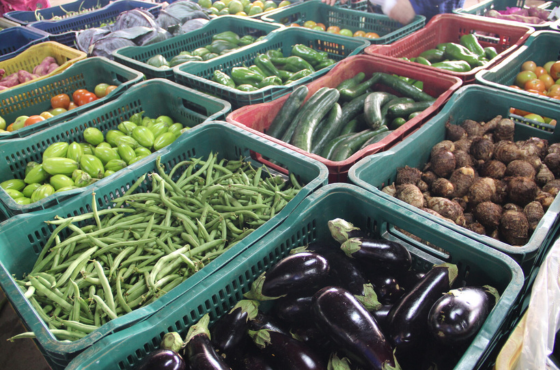Advanced cookie settings
To improve your experience on the platform and provide personalized services, we use cookies.
Notícias

The closure event took place during the 6th National Research Meeting on Food and Nutritional Sovereignty and Security (6th ENPSSAN), which was held at the State University of Rio de Janeiro.
At the event, recommendations for tackling malnutrition were outlined, as well as results, challenges and perspectives on nutrition and food actions in each country involved in the project. The publication “Tackling the Multiple Burden of Malnutrition” was launched.
“When we talk about malnutrition, we have to consider various aspects, such as malnutrition, mineral and vitamin deficiencies, consumption of ultra-processed foods, overweight and obesity, diseases such as hypertension and diabetes and even the conjuncture of social and economic factors,” explains nutritionist Eliene Sousa, one of the project coordinators at the WFP Centre of Excellence against Hunger in Brazil.
This set of elements is called the multiple burden of malnutrition. To tackle this problem, food and nutrition surveillance systems have been set up to provide comprehensive monitoring of children right from early childhood, between the ages of 0 and 5. This includes monitoring the mother during prenatal care, encouraging breastfeeding and, later, ensuring that the child has access to school meals.
“In Peru, this food and nutrition surveillance system is very efficient for its population. In Colombia, there is a policy to tackle micronutrient deficiencies, a common problem in all countries in the region,” says Eliene.
Projects like Nurturing the Future Project are strategic, as they serve as a basis for creating and improving public policies in the area of nutrition, with a special focus on schoolchildren.
The event was attended by Kelly Alves, from the Ministry of Health's General Coordination of Food and Nutrition, and representatives from the Peruvian and Colombian Ministries of Health.
Source: WFP Center of Excellence against Hunger in Brazil
